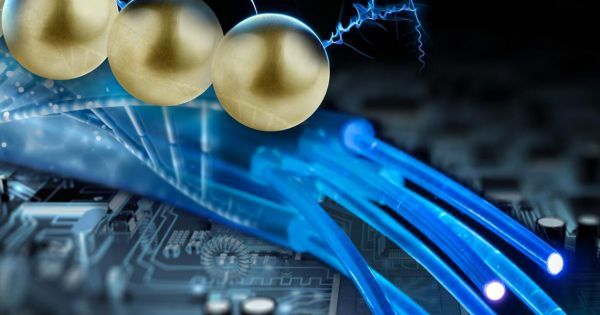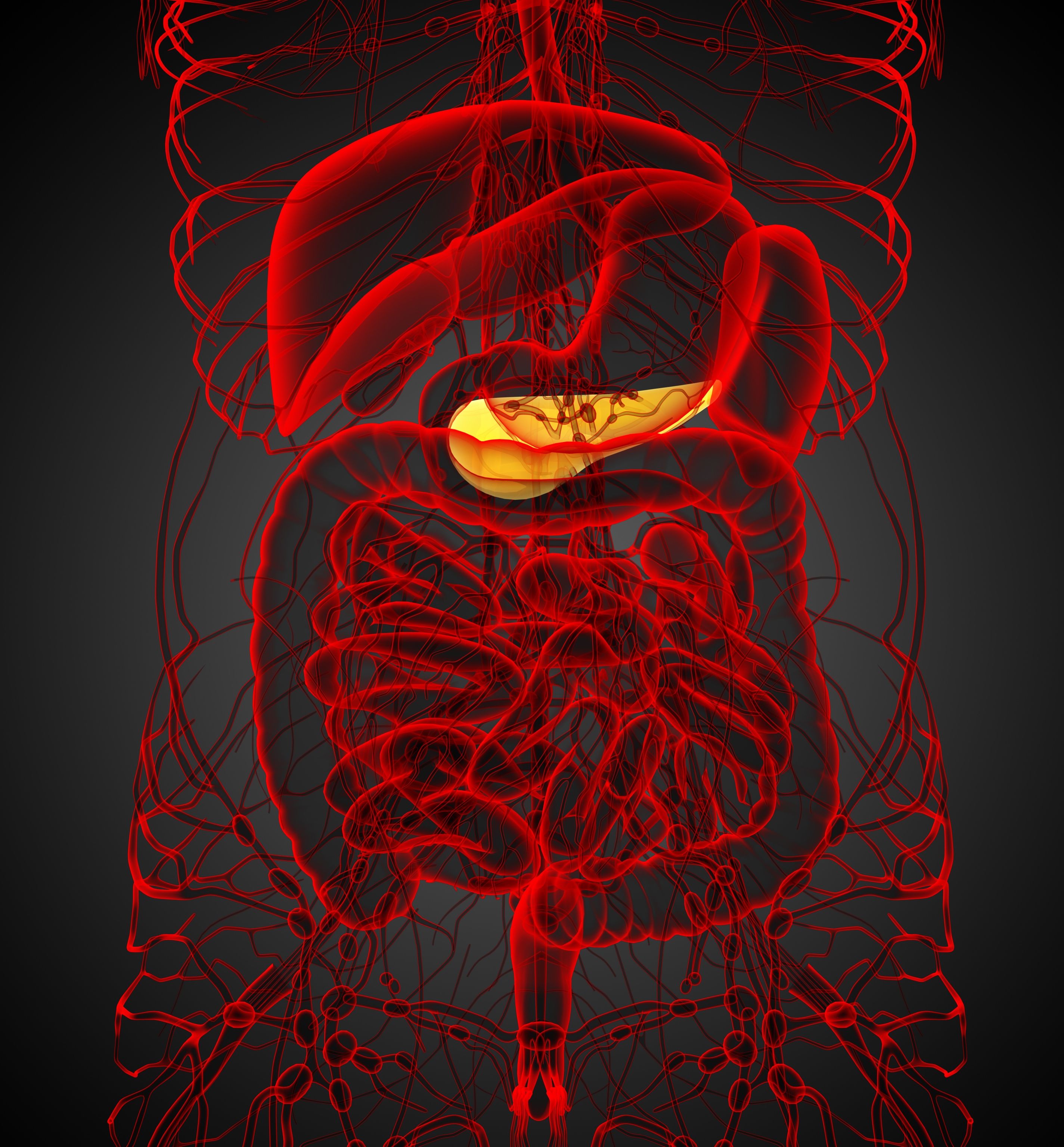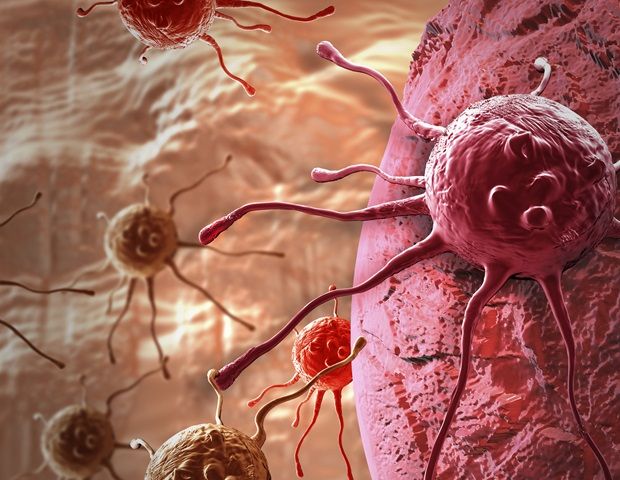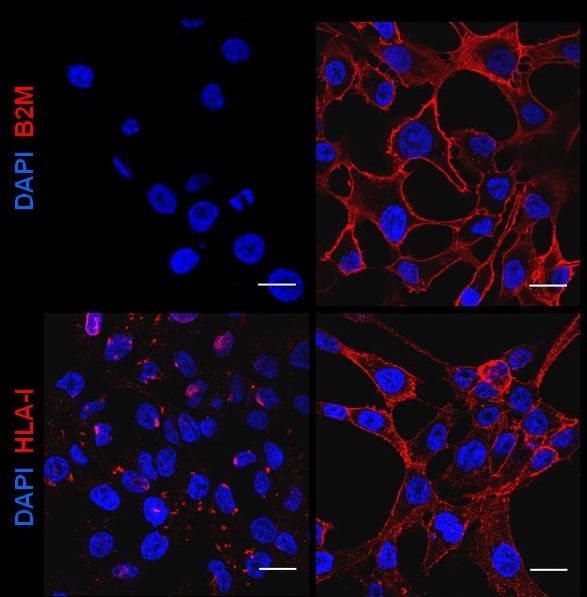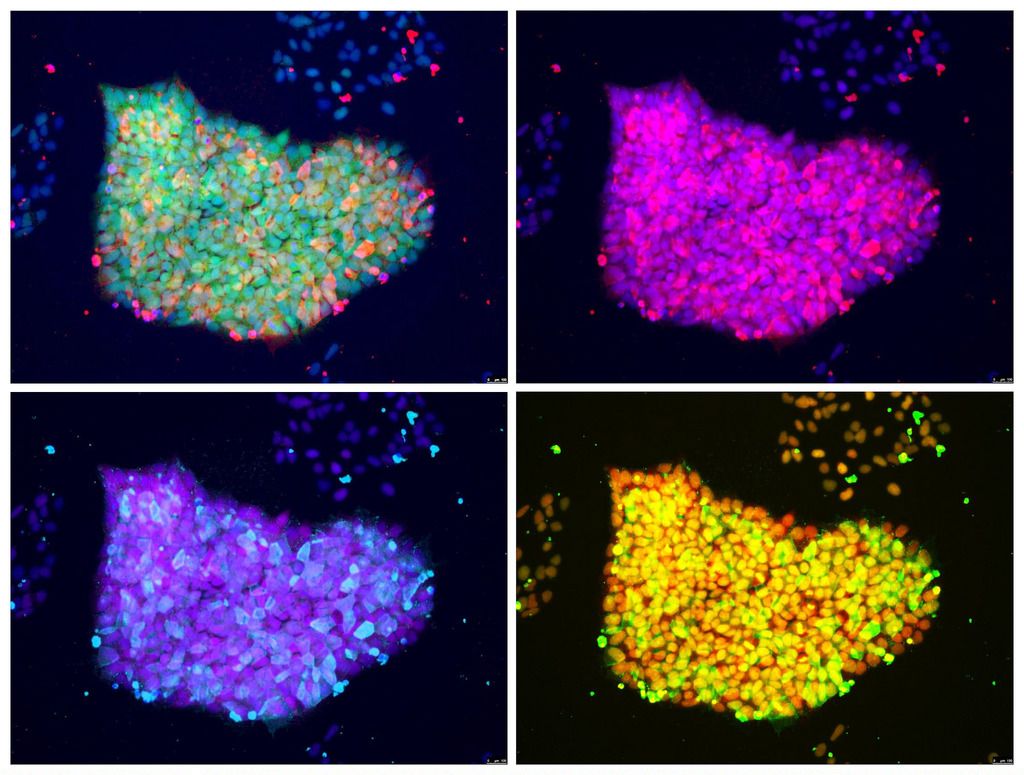Archive for the ‘genetics’ category: Page 468
Jan 19, 2017
ExxonMobil extends algae biofuels research using synthetic biology technologies
Posted by Karen Hurst in categories: bioengineering, biological, genetics, sustainability, transportation
After making significant progress in understanding algae genetics, growth characteristics and increasing oil production, Synthetic Genomics, Inc. and ExxonMobil said they would extended their joint research agreement into advanced algae biofuels.
The two companies have been researching and developing oil from algae for use as a renewable, lower-emission alternative to traditional transportation fuels since 2009. They are seeking to develop strains of algae that demonstrate significantly improved photosynthetic efficiency and oil production through selection and genetic engineering of higher-performance algae strains.
Jan 17, 2017
Epigenetics Drives Pancreatic Cancer Metastasis, Potentially Reversible
Posted by Karen Hurst in categories: bioengineering, biotech/medical, genetics
Jan 17, 2017
Inactive B2M genes can condition response of lung cancer patients to immunotherapy, study shows
Posted by Karen Hurst in categories: biotech/medical, genetics
Nice.
Researchers from the Genes and Cancer research group at the Bellvitge Biomedical Research Institute (IDIBELL) have identified inactivating mutations in a number of genes that code for HLA-I histocompatibility complex proteins, which are involved in the immune response and can condition the response of lung cancer patients to immunotherapy. The study is a result of the collaboration between several national and international research centers, and has been published in the journal Clinical Cancer Research.
“Initially, we performed a genetic screening of lung cancer tumors using xenograft models, that is, human tumors that grow in mice, to obtain tumors with a low load of normal human cells,” explains Dr. Montse Sanchez-Cespedes, the last author of the paper. Sequencing of the tumors made it possible to identify several mutated genes, including some oncogenes and known tumor suppressor genes, and others that not previously described. “Among the latter, we were particularly interested in the B2M gene for its involvement in the functioning of the immune system, a target of new therapies developed for this type of cancer.”
Jan 17, 2017
Inactive B2M gene is recurrent in lung cancer and may condition response to immunotherapy
Posted by Karen Hurst in categories: biotech/medical, genetics
Big deal.
Researchers from the Genes and Cancer research group at the Bellvitge Biomedical Research Institute (IDIBELL) have identified inactivating mutations in a number of genes that code for HLA-I histocompatibility complex proteins, which are involved in the immune response and can condition the tesponse of lung cancer patients to immunotherapy. The study is a result of the collaboration between several national and international research centers, and has been published in the journal Clinical Cancer Research.
“Initially, we performed a genetic screening of lung cancer tumors using xenograft models, that is, human tumors that grow in mice, to obtain tumors with a low load of normal human cells,” explains Dr. Montse Sanchez-Cespedes, the last author of the paper. Sequencing of the tumors made it possible to identify several mutated genes, including some oncogenes and known tumor suppressor genes, and others that not previously described. “Among the latter, we were particularly interested in the B2M gene for its involvement in the functioning of the immune system, a target of new therapies developed for this type of cancer.”
Jan 16, 2017
End to Illness: Machine Learning Is Revolutionizing How We Prevent Disease
Posted by Shane Hinshaw in categories: biotech/medical, genetics, information science, robotics/AI
The TeraStructure algorithm can analyze genome sets much larger than current systems can efficiently handle, including those as big as 100,000 or 1 million genomes. Finding an efficient way to analyze genome databases would allow for personalized healthcare that takes into account any genetic mutations that could exist in a person’s DNA.
Jan 16, 2017
Scientists snap mice brains, making them killing machines
Posted by Karen Hurst in category: genetics
Hmmm; not sure that I like what they did here.
The behavior didn’t occur when they stimulated the mice’s other brain parts. It’s a mechanism common to all higher animals, including humans.
The researchers expected to find these hunting circuits in mice because many mice kill and eat insects. The study relied on the technique optogenetics, in which neurons can be artificially activated using light, effectively allowing scientists to switch the killer instinct on and off at will.
Continue reading “Scientists snap mice brains, making them killing machines” »
Jan 15, 2017
Cellular Reprogramming Rejuvenates Old Mice and Boosts Lifespans 30%
Posted by Klaus Baldauf in categories: biotech/medical, genetics, life extension
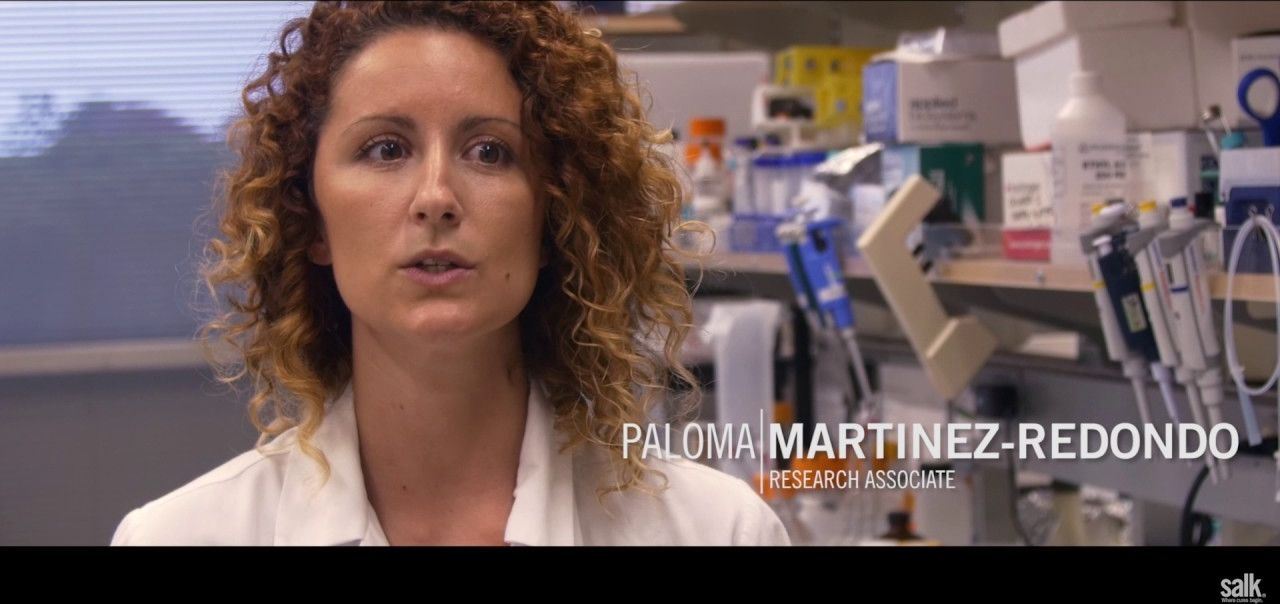
The quest for the fountain of youth is as ancient as humanity itself. Now, it appears scientists may have found the source.
Using a process designed to “reprogram” normal adult cells into pluripotent stem cells—cells that can transform into many different kinds of cells—researchers have managed to boost the life spans of mice by up to 30% and rejuvenate some of their tissues.
Continue reading “Cellular Reprogramming Rejuvenates Old Mice and Boosts Lifespans 30%” »
Jan 14, 2017
A Direct Infusion Of Immune Cells Could Fight Cancer
Posted by Steve Hill in categories: biotech/medical, genetics, neuroscience
A new way to treat brain cancer with our own immune cells.
Injecting genetically modified immune cells directly into the brain and spinal fluid has had remarkable effects on a deadly brain cancer
Glioblastoma is a particularly virulent form of brain cancer. Around 20,000 people in the United States are diagnosed each year and the disease typically has poor survival rates. In a new case reported in the New England Journal of Medicine, a man has undergone experimental CAR-T therapy to treat the condition. CAR-T therapy is a branch of immunotherapy, the field taking cancer treatment by storm, and involves infusing genetically modified T cells back into a patient to target cancer cells.
Continue reading “A Direct Infusion Of Immune Cells Could Fight Cancer” »
Jan 12, 2017
Donor Age Shows Up In Induced Stem Cells
Posted by Steve Hill in categories: biotech/medical, genetics
Epigenetic changes are not all reset with iPS thankfully science has recently demonstrated a technique for reversing that too. The future is looking bright for stem cell quality improvements.
Reprogramming stem cells back to a functionally younger state is not a pefect process and epigenetic changes and mutations remain in place tainting the cells and reducing their quality.
Scientists working in the stem cell field will no doubt be finding ways to work around this and indeed recent work at SALK could reset epigenetic changes in these cells so solutions are within reach in the next few years.
Continue reading “Donor Age Shows Up In Induced Stem Cells” »
